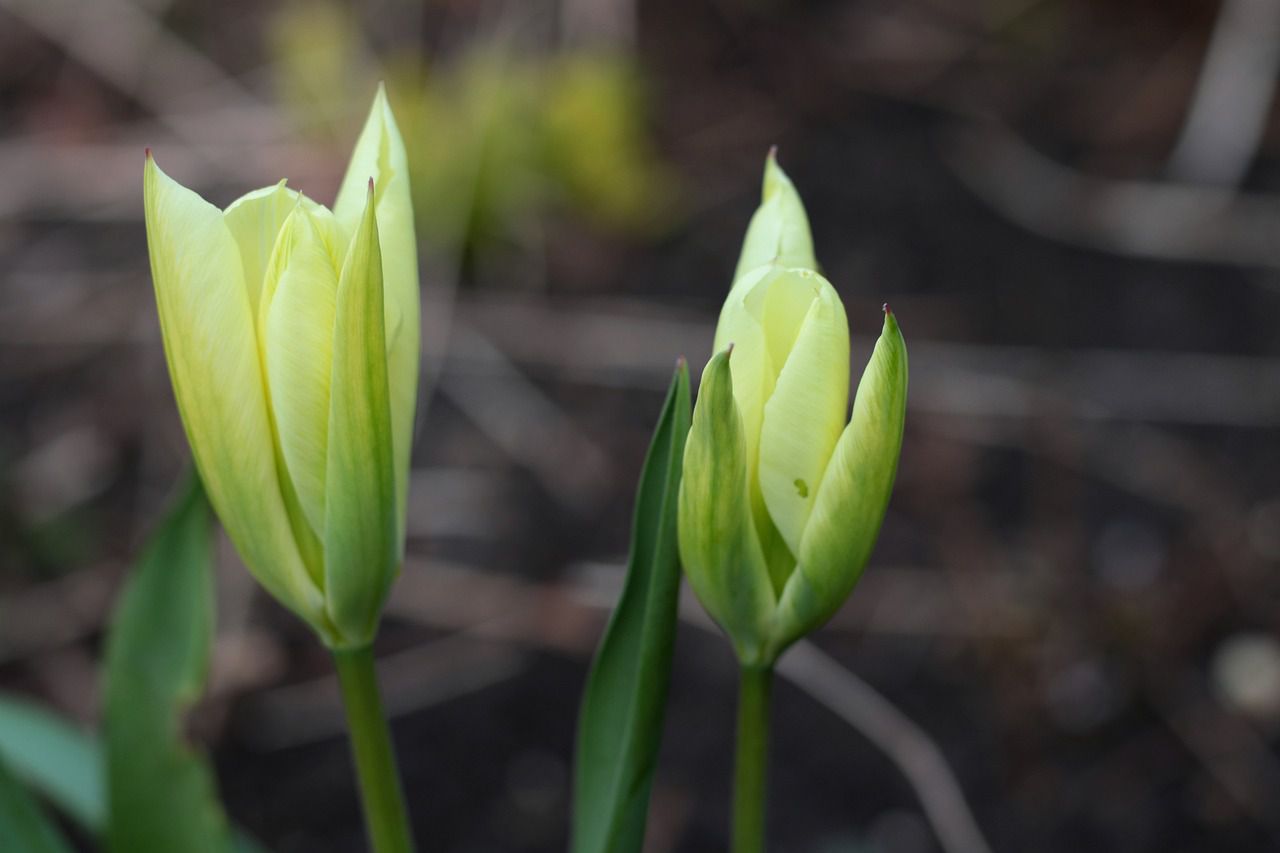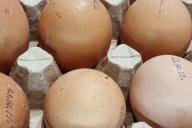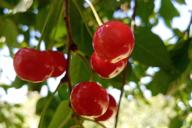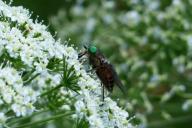To become a professional gardener, you should also be a bit of a biologist - just to understand your plants and their needs better.
That's why you should also know about etiolation - a curious thing that happens when your plant doesn't get enough light.
Let's find out more about it and why it can be bad.
What is it?
Etiolation is a plant's response to low light conditions.
When a plant doesn't receive enough light, it tries to reach towards the light source by growing taller and producing elongated stems.

This happens because the plant is trying to capture as much light as possible for photosynthesis, which is the process that allows plants to make food from sunlight.
It has its cons
However, this growth comes at a cost. Etiolated plants become weak and fragile.
They often have thin, spindly stems that can't support the weight of leaves and flowers as well as healthy, stocky stems.
In addition, because they're using up their energy to grow taller, etiolated plants often don't produce as many leaves, and their foliage can appear pale or yellowish.
This is because they're not producing as much chlorophyll, the green pigment that's essential for photosynthesis.
No bloom
Etiolated plants may also have fewer or smaller flowers, which can be a problem if you're growing plants for their blooms.
So, in your garden, it's important to provide adequate light for your plants to prevent etiolation.
Make sure they get the right amount of sunlight or use artificial lighting when needed to keep your plants healthy and vibrant.









